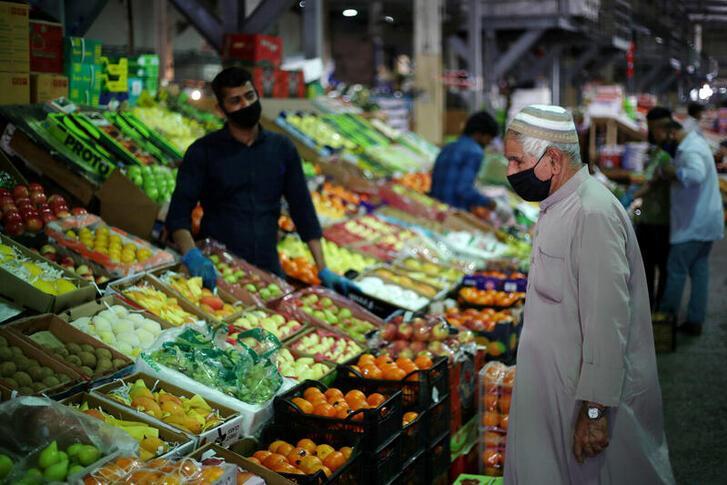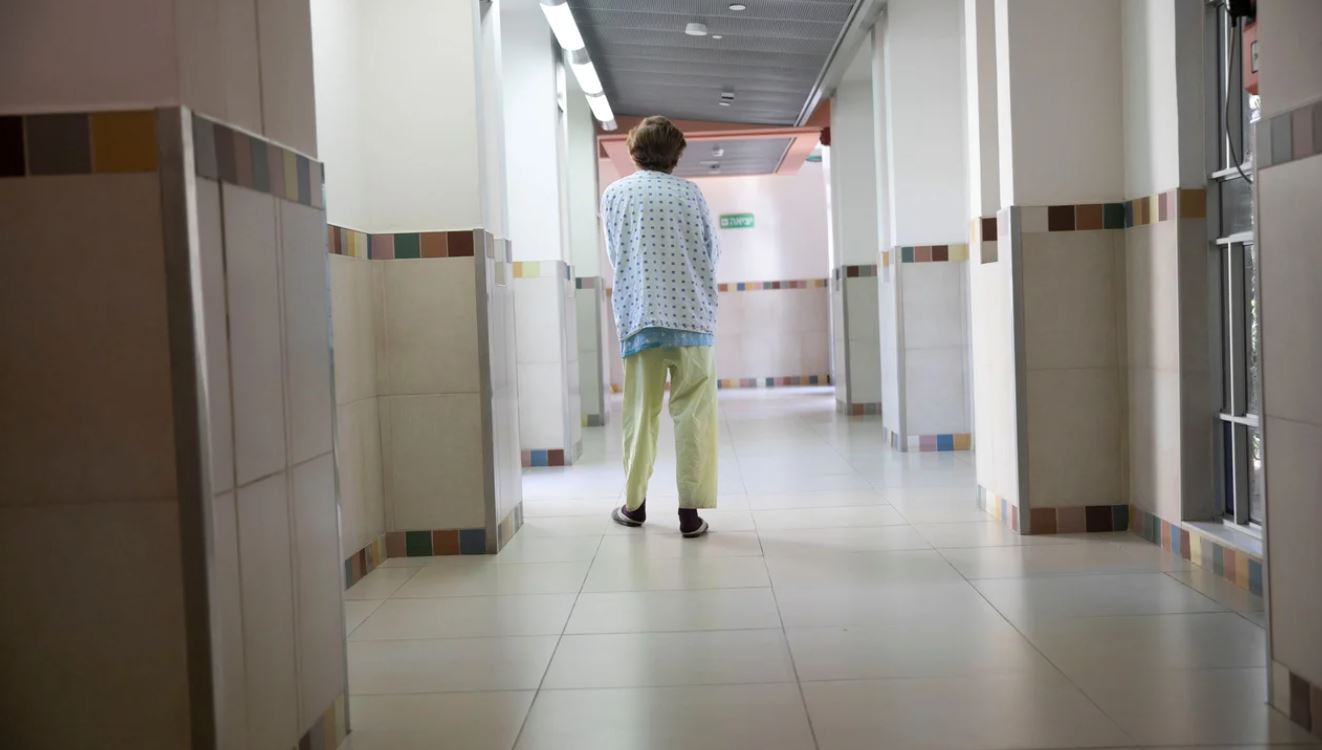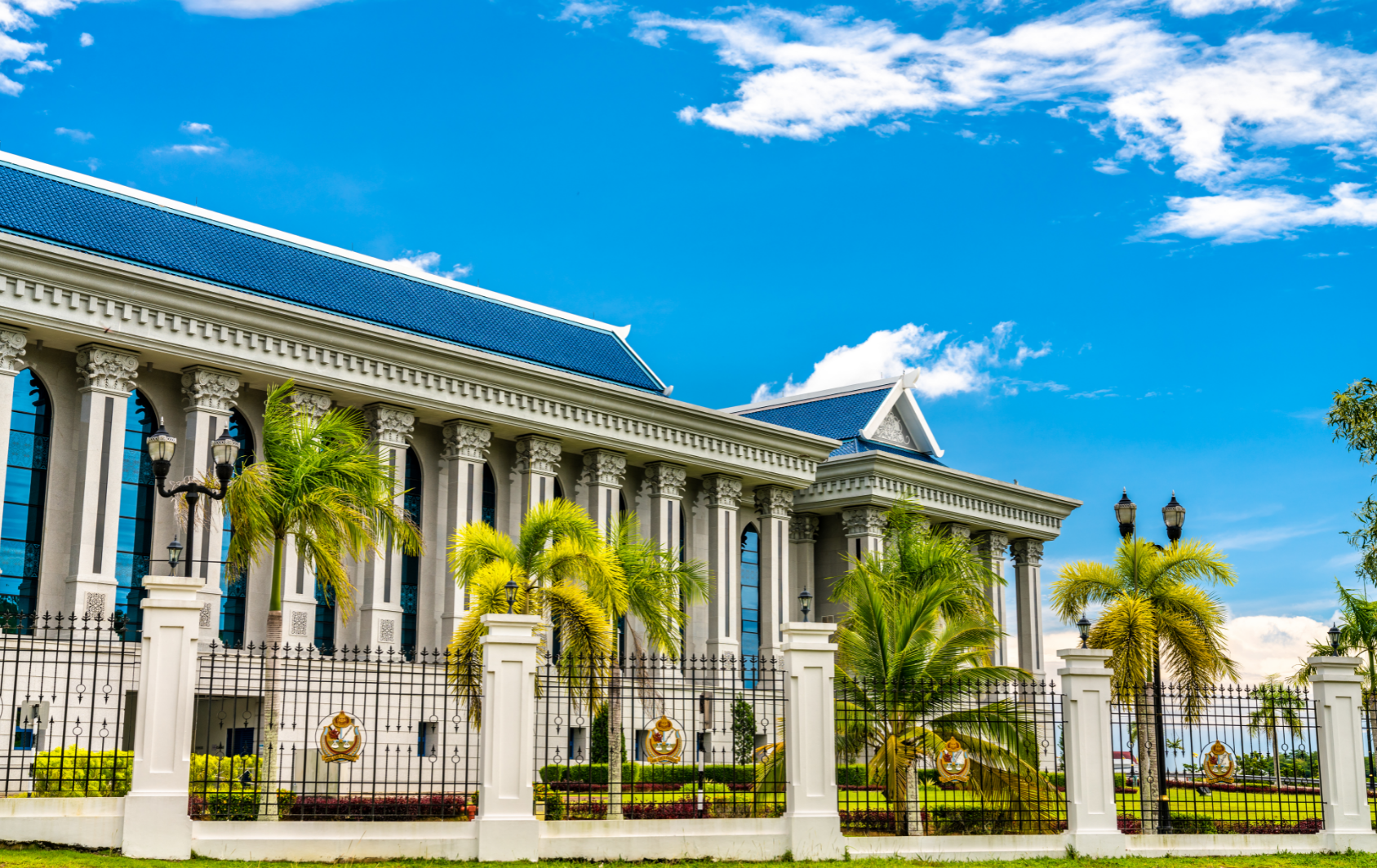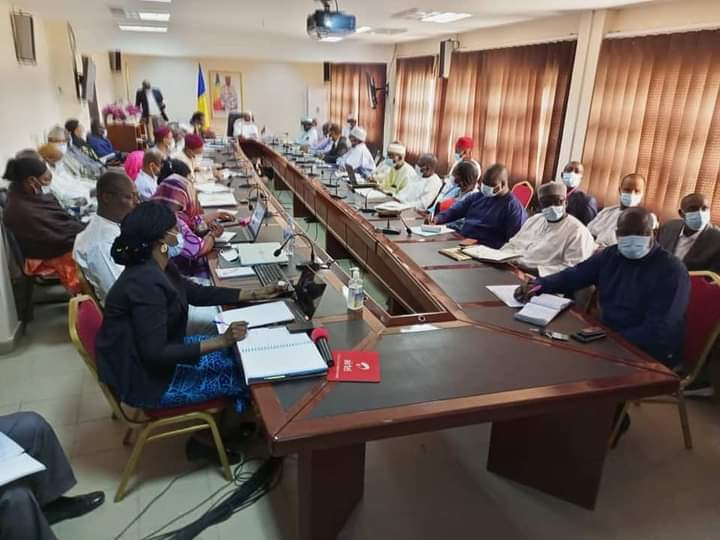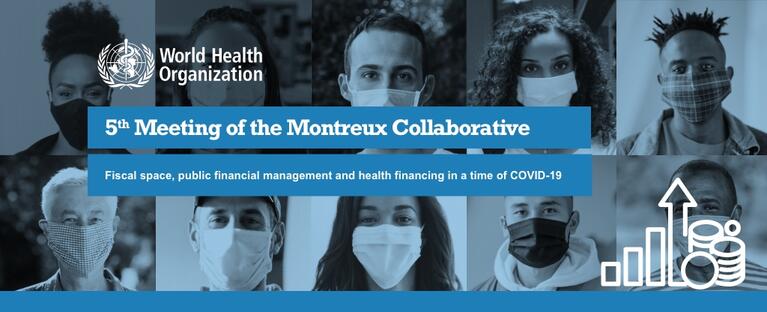As part of regular communication with the public, the Social Health Insurance Fund of Kazakhstan publishes explanatory materials for the purpose of awareness building. A ecent publication reminds readers that mandatory social health insurance system was...


